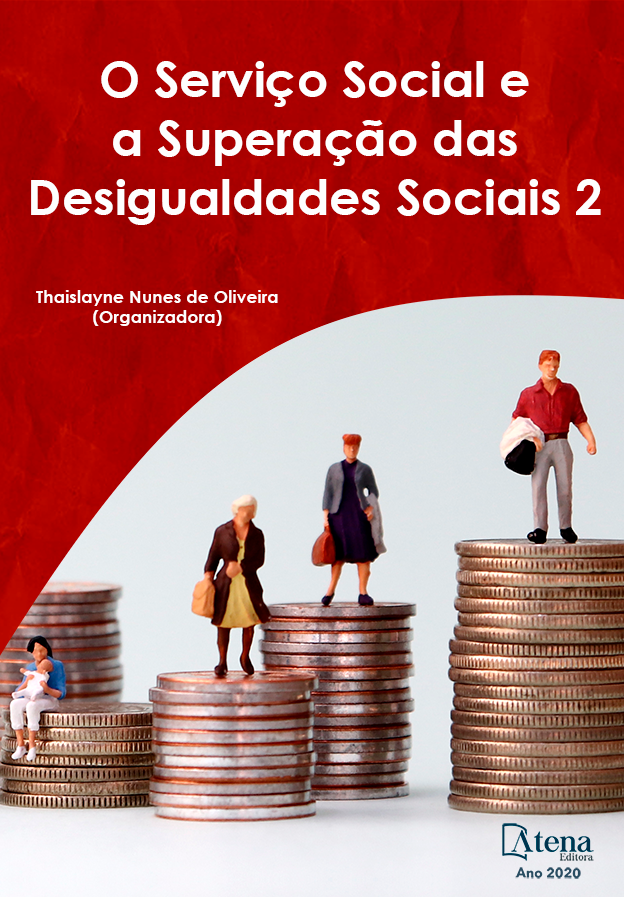
TALLER REFLEXIVO SOBRE FOTO-INTERVENCIÓN. UNA TÉCNICA DE INVESTIGACIÓN SOCIAL CRÍTICA
La fotointervención, como técnica de intervención/investigación
social crítica, incorpora elementos tecnológicos que re-sitúan al investigador/a
en un rol dentro del campo de acción. Así, sus objetivos se encuentran
orientados a dar a conocer y cuestionar realidades sociales problemáticas;
tomar consciencia sobre los problemas sociales y articular los niveles
individual, interindividual y grupal en la investigación e intervención
desarrolladas. El taller, como medio de aprendizaje, es considerado “una
herramienta, que promueve la reflexión-acción, a la vez que permite el análisis
de situaciones reales y potencia la construcción y el desarrollo de alternativas”
(Baztan, 1999, como se citó en Torres & Navarro, 1999). Además, esta
metodología promueve el posicionamiento activo y agéntico de quien participa
en él, fomentando la actitud crítica frente al tema objeto de
conocimiento/investigación y a los/as otros/as, facilitando un proceso dialógico
de co-construcción de conocimiento y reflexiones. Encontramos así principios y
posicionamientos éticos-políticos en esta metodología como lo son: la
educación humanizante, crítica, dialógica y concientizadora. La incorporación
del enfoque crítico - corriente relevante en distintas disciplinas -, plantea la
necesidad de situarse de manera crítica ante el conocimiento y prácticas
hegemónicas, encargándose de enfatizar en el rechazo hacia aquellas
prácticas y conocimientos que apuntan hacia la desigualdad y la injusticia
social. Así, los intereses que persigue el uso de la fotointervención son el “ver,
el darse cuenta, el poder nombrar las entrelíneas de una práctica cotidiana que
se presenta como natural y normal; y por tanto inamovible e incuestionable”
(Cantera, 2009, p. 20).
TALLER REFLEXIVO SOBRE FOTO-INTERVENCIÓN. UNA TÉCNICA DE INVESTIGACIÓN SOCIAL CRÍTICA
-
DOI: 10.22533/at.ed.65220151221
-
Palavras-chave: Forointervención, investigación social, taller, enseñanza de grupo
-
Keywords: Photo-intervention, social research, workshop, group teaching.
-
Abstract:
Photo-intervention, as a critical social intervention/research
technique, incorporates technological elements that re-position the researcher
in a role within the field of action. Its objectives are oriented to make known and
question problematic social realities, become aware of social problems and
articulate the individual, inter-individual and group levels in the research and
intervention carried out. The workshop, as a means of learning, is considered “a
tool that promotes reflection-action, while allow the analysis of real situations
and maximize the construction and development of alternatives” (Baztan, 1999,
cited in Torres & Navarro, 1999). Furthermore, this methodology promotes the
active and agent positioning of those who participate in it, encouraging a critical
attitude towards the subject-object of knowledge/research and the others,
promoting a dialogic process of co-construction of knowledge and reflections.
Finding ethical-political principles and positions in the methodology such as
humanizing education, critical, dialogic and conscious. The incorporation of the
critical approach -relevant current in different disciplines- suggest the need to
critically position oneself in front of the hegemonic knowledge and practices , in
charge of emphasizing the rejection of those practices and knowledge that point
to inequality and social injustice. Thus, the interests pursued by the use of
photo-intervention are “seeing, realizing, being able to name the lines of a daily
practice that is presented as natural and normal, and therefore immovable and
unquestionable” (Cantera 2009, p. 20).
-
Número de páginas: 10
- María Rocío Menanteux Suazo


